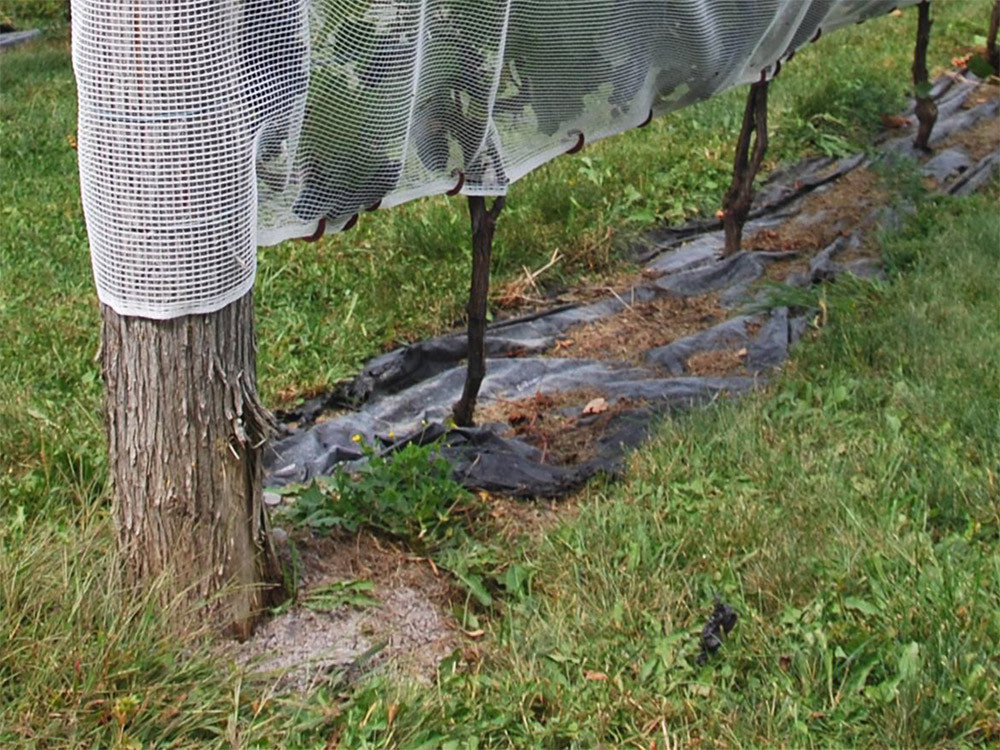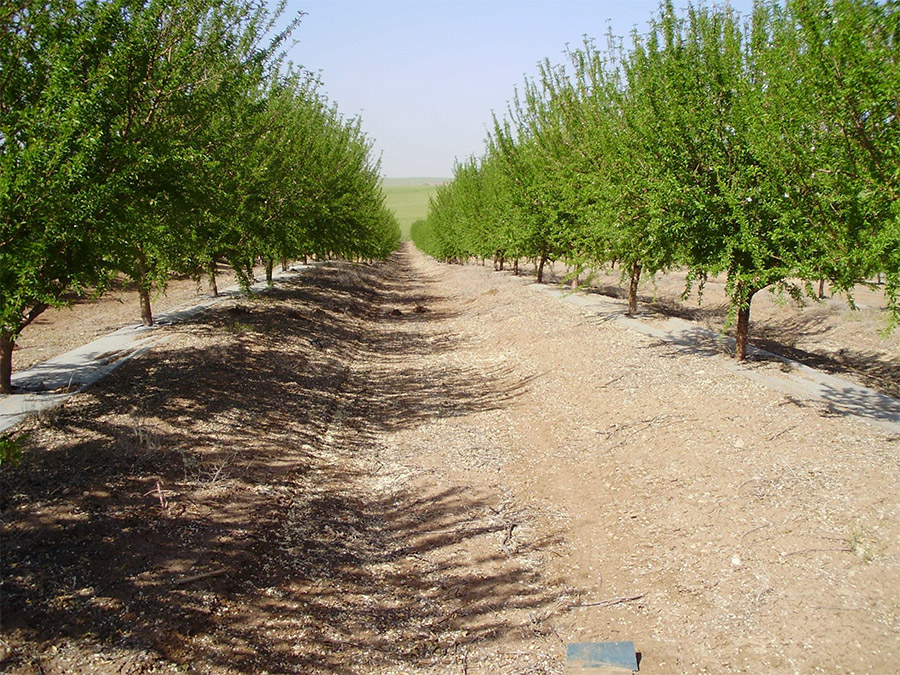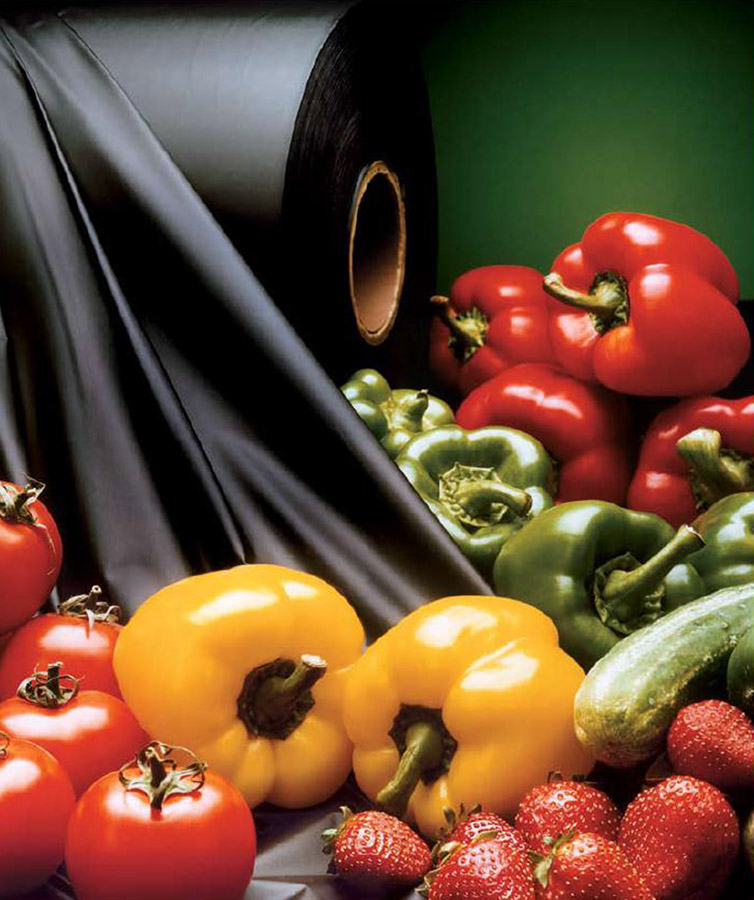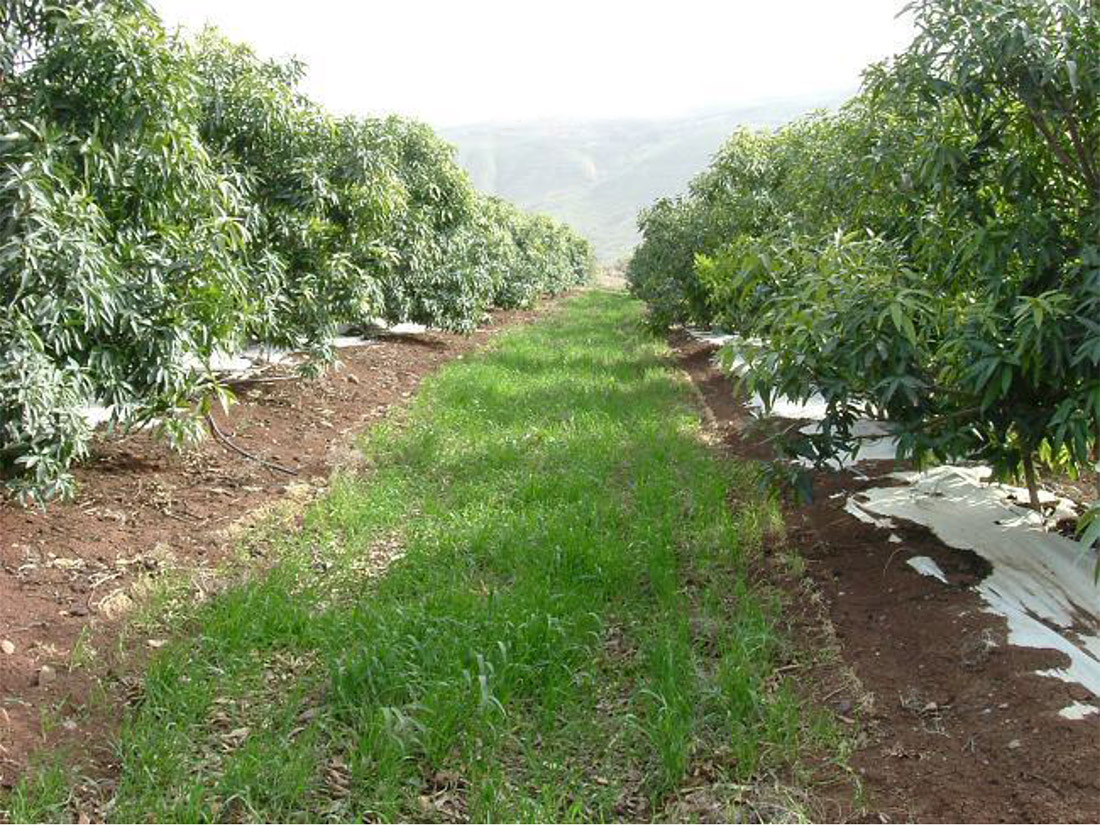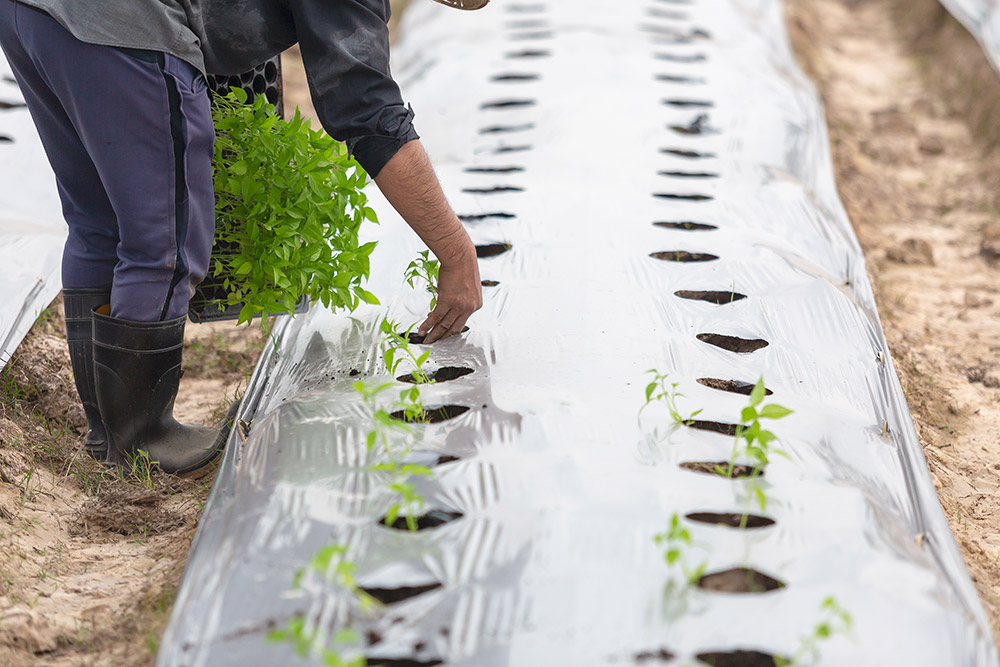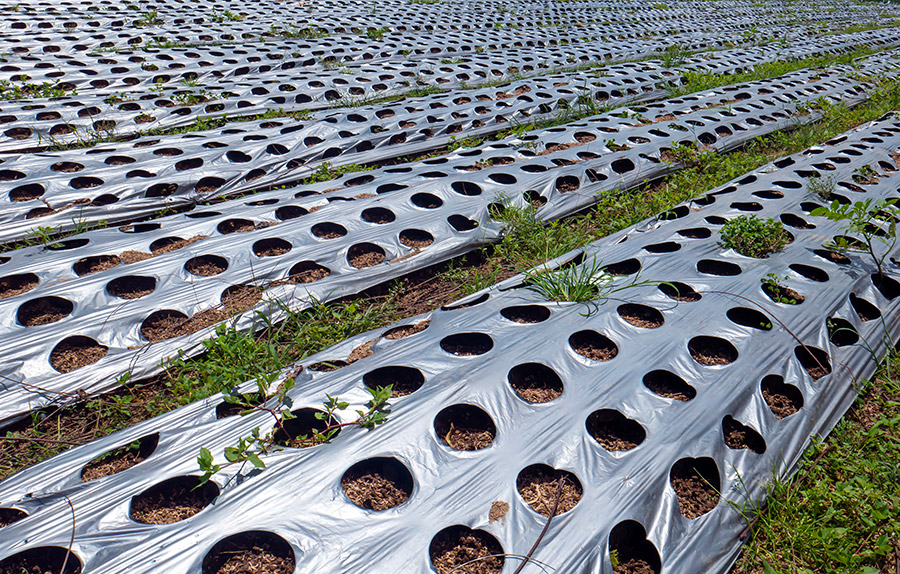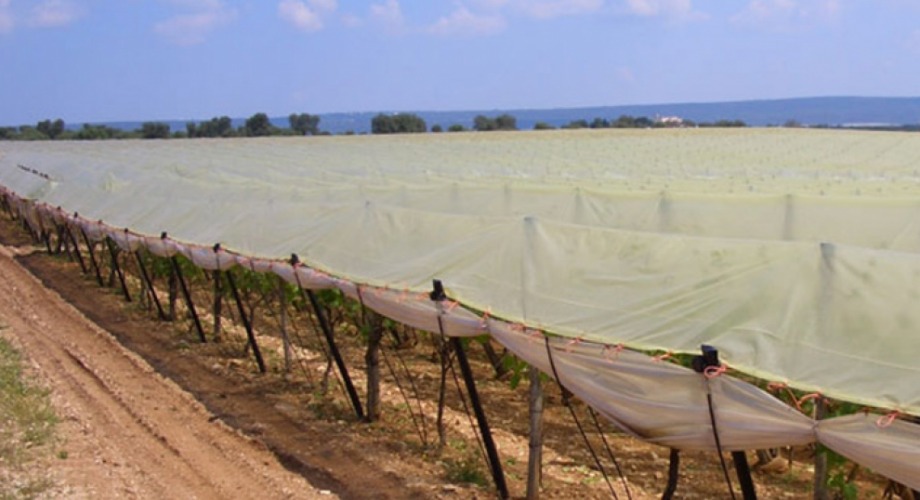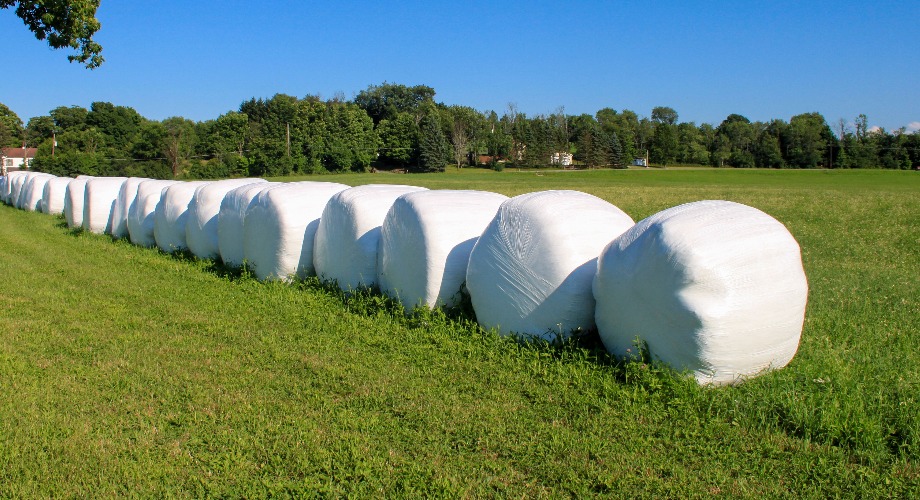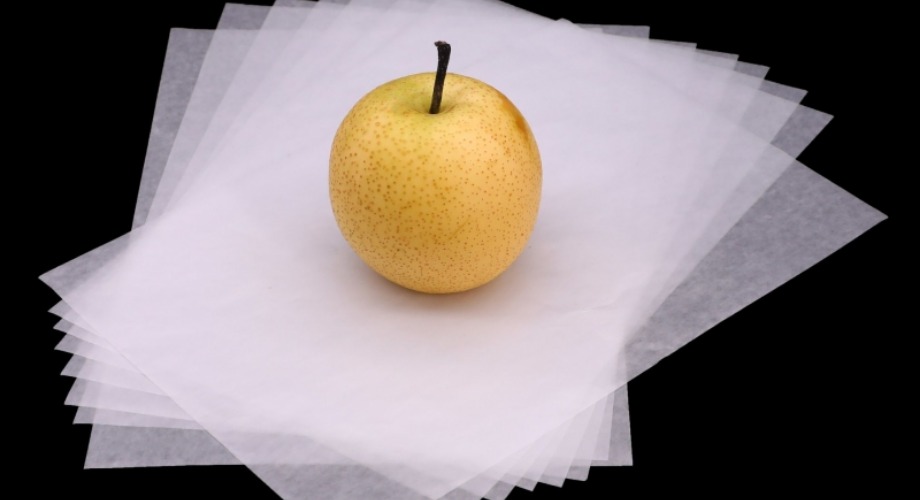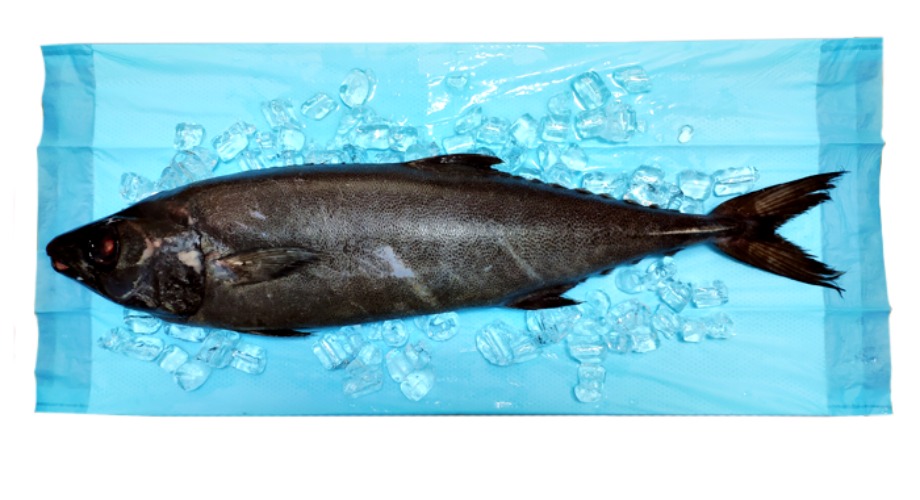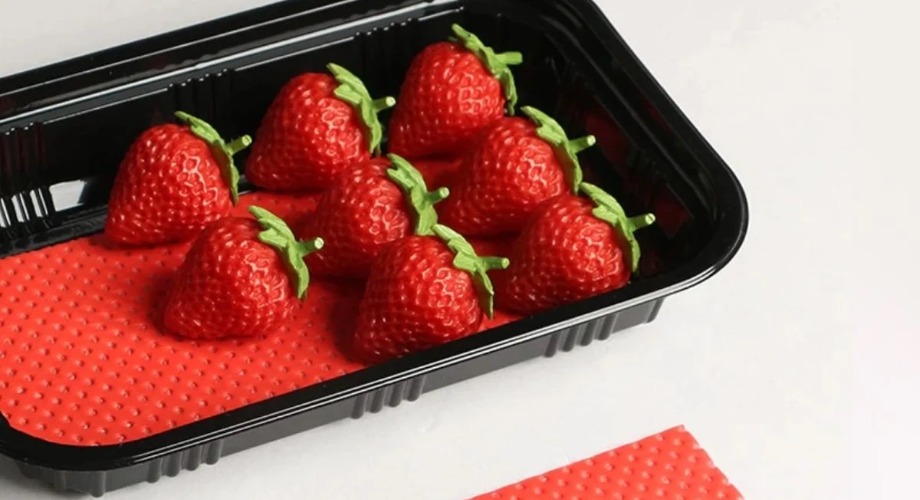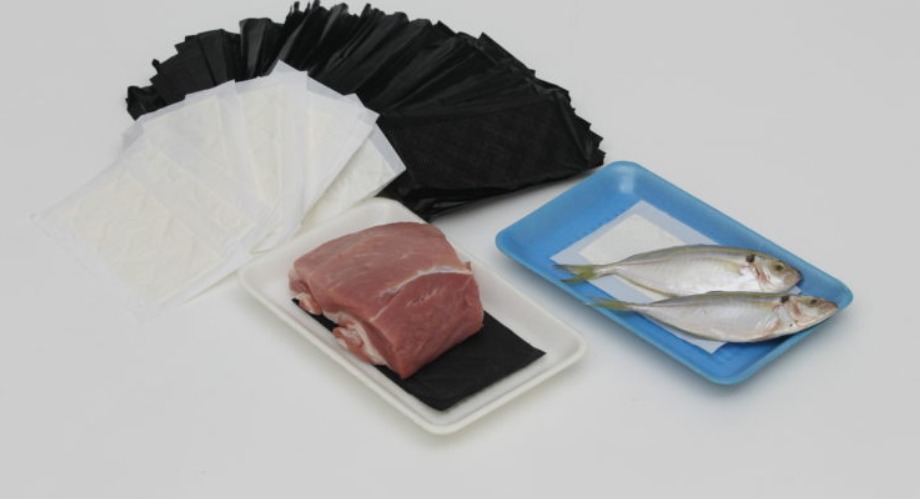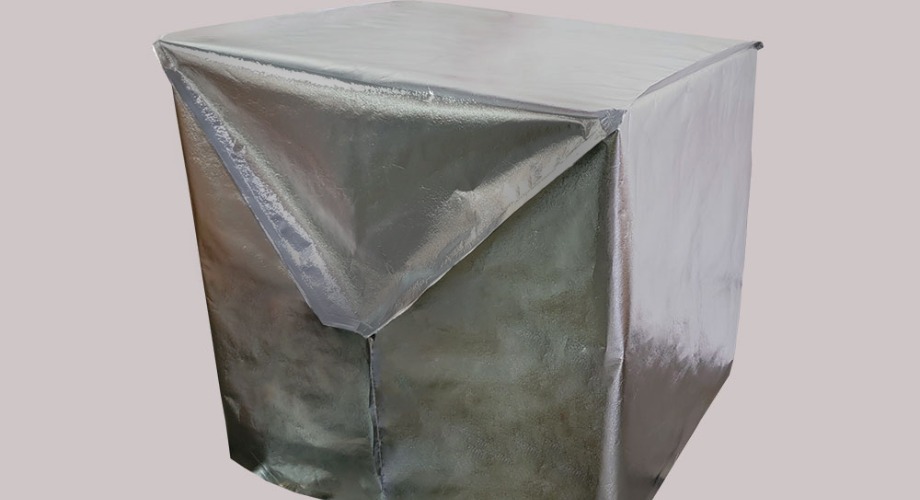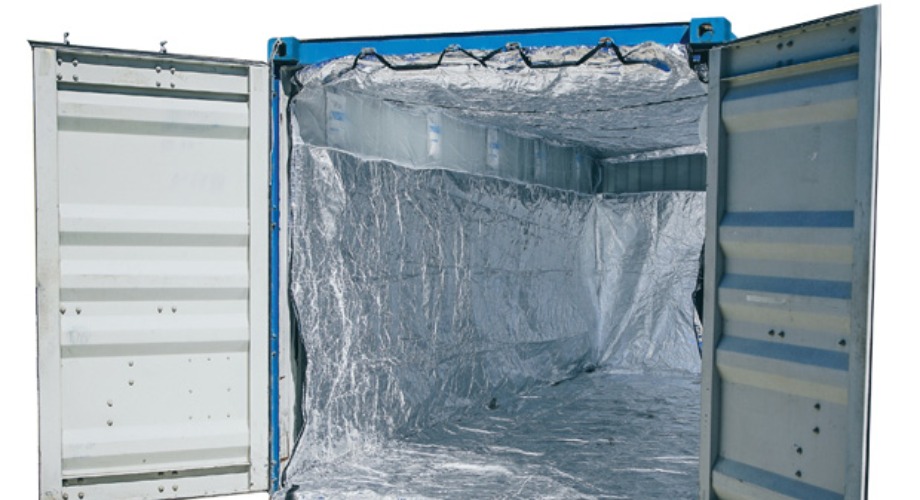Mulch Film
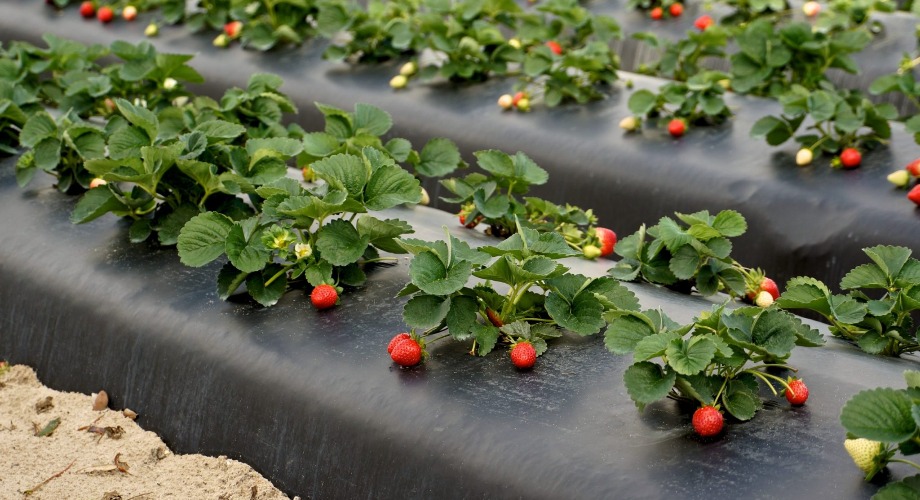
Mulch Film
It is a mulch film that has been micro-engraved for vegetables, fruit, trees and crops.
1. Micro-engraving surface texture.
2. from 25 microns - up to 250 microns in thickness, it has the maximum water vapor barrier properties.
3. High level of opacity, UV protection and protection against weeds.
4. Easily laid and collected.
The use of plastic mulch film`s drip irrigation systems and fumigation can provide the benefits that are described down below.
- early planting term
- prevention of lose in soil moisture / water saving
- inhibitory effects for the growth of unwanted weed
- inhibitory effects for fertilizer disintegration and drainage
- increase in yield quality
- inhibitory effects for soil compaction
- reduction of loss in the root of yield
- increase in yield productivity
Mulch Film
It is a mulch film that has been micro-engraved for vegetables, fruit, trees and crops.
1. Micro-engraving surface texture.
2. from 25 microns - up to 250 microns in thickness, it has the maximum water vapor barrier properties.
3. High level of opacity, UV protection and protection against weeds.
4. Easily laid and collected.
The use of plastic mulch film`s drip irrigation systems and fumigation can provide the benefits that are described down below.
- early planting term
- prevention of lose in soil moisture / water saving
- inhibitory effects for the growth of unwanted weed
- inhibitory effects for fertilizer disintegration and drainage
- increase in yield quality
- inhibitory effects for soil compaction
- reduction of loss in the root of yield
- increase in yield productivity
Mulch film is a type of plastic film that is used to cover the soil in agricultural fields to provide several benefits. The primary function of mulch film is to protect the soil from erosion, water loss, and weeds. Mulch films can be made of different materials, including polyethylene, polypropylene, and biodegradable materials such as starch and cellulose. At Felix Nonwovens, we offer high-quality mulch film that is made of polyethylene material.
One of the main advantages of using mulch film in agriculture is the conservation of water. Mulch films help to reduce water loss due to evaporation, thereby keeping the soil moist and reducing the need for frequent watering. In addition, mulch film helps to prevent soil erosion caused by wind and rain, which can lead to nutrient loss and reduced crop yields.
Another important benefit of using mulch film is weed control. Mulch films create a barrier between the soil and the environment, preventing weed seeds from germinating and growing. This reduces the need for herbicides, making mulch film a more environmentally friendly option.
At Felix Nonwovens, we offer a range of mulch films that are designed to meet the specific needs of different crops. For example, we offer strawberry mulch film, which is specially designed to provide the ideal growing conditions for strawberries. Our mulch films are available in different colors, including black, white, and transparent. The color of the mulch film can affect the soil temperature, which can be important for crop growth and development.
In addition to agricultural uses, mulch film can also be used in landscaping and gardening. It can be used to create pathways, suppress weed growth, and improve soil health. Mulch film is available in different thicknesses and sizes, making it suitable for various applications.
Overall, mulch film is a versatile and cost-effective solution for improving soil health and increasing crop yields. At Felix Nonwovens, we are committed to providing high-quality mulch film that meets the specific needs of our customers. Our mulch films are durable, easy to install, and provide long-lasting benefits for agricultural and landscaping applications.
There are several types of mulch films available on the market, each with its own unique characteristics and applications. Some of the most common types of mulch films include:
Black mulch film: Black mulch film is the most commonly used type of mulch film. It is made of polyethylene material and is designed to absorb and retain heat from the sun. This helps to warm the soil, promote early plant growth, and suppress weed growth.
Clear mulch film: Clear mulch film is also made of polyethylene material but is designed to be transparent. It allows sunlight to penetrate the soil and can help to warm the soil more quickly than black mulch film. Clear mulch film is often used for crops that require a lot of sunlight, such as tomatoes and peppers.
White mulch film: White mulch film is designed to reflect sunlight and keep the soil cooler. It is often used for crops that prefer cooler temperatures, such as lettuce and other leafy greens.
Biodegradable mulch film: Biodegradable mulch film is made of materials that break down naturally in the soil, such as starch and cellulose. It is an environmentally friendly option that does not require removal or disposal after use.
The usage of mulch films varies depending on the crop and growing conditions. Generally, mulch films are laid over the soil before planting and are secured with stakes or other means to prevent movement. The thickness of the mulch film should be chosen based on the intended use and the expected duration of use. For example, thicker mulch films may be more suitable for longer growing seasons or for crops that require more protection from weeds and soil erosion.
Mulch films should be removed after use, although some biodegradable mulch films can be left in the soil to break down naturally. It is important to dispose of mulch films properly to prevent environmental contamination.
Mulch film is a plastic film that is placed on the soil in agricultural fields. The primary purpose of mulch film is to conserve soil moisture, suppress weed growth, and regulate soil temperature. This product is very popular in the agricultural industry, and it has been proven to increase crop yields while reducing water usage.
Mulch film is a versatile product that comes in different colors, sizes, and thicknesses. The most commonly used colors are black, white, and silver. Black mulch film is used to absorb heat and warm up the soil, while white mulch film reflects sunlight and keeps the soil cool. Silver mulch film is used to repel insects and protect crops from sunburn.
Mulch film comes in various thicknesses, and the thickness of the film determines its durability and lifespan. The most commonly used thicknesses are 0.5, 1, and 1.2 mils. The thicker the film, the longer its lifespan, and the more durable it is. However, thicker films are also more expensive than thinner films.
Mulch film has been used in agriculture for many years, and its popularity has been growing steadily. In the United States, mulch film is widely used in states like California, Florida, Texas, and Arizona, where agriculture is a significant part of the economy. The usage of mulch film has also increased in other parts of the world, such as Asia, Europe, and South America.
Mulch film can be used for different types of crops, including vegetables, fruits, and flowers. The usage of mulch film varies depending on the crop type, growing season, and weather conditions. For example, mulch film is commonly used for tomato crops to control weed growth and conserve soil moisture. Mulch film is also used for strawberry crops to protect them from soil-borne diseases and pests.
One of the reasons why mulch film has become so successful in the agriculture industry is its ability to conserve water. In many parts of the world, water is a scarce resource, and farmers need to conserve it as much as possible. Mulch film helps to reduce water evaporation from the soil, thus conserving water and reducing the need for irrigation.
Another reason for the success of mulch film is its ability to suppress weed growth. Weeds can compete with crops for nutrients and water, and they can reduce crop yields. Mulch film helps to prevent weeds from growing, thus reducing the need for herbicides and manual weeding.
Mulch film is also beneficial for the environment. It reduces the use of herbicides and pesticides, which can be harmful to the environment and human health. Mulch film also reduces soil erosion, improves soil structure, and increases soil organic matter.
Felix, the company that produces mulch film, has been very successful in this business. One of the reasons for its success is its commitment to quality. Felix produces high-quality mulch film that is durable, long-lasting, and effective. Felix also offers a wide range of products to meet the needs of different crops, growing seasons, and weather conditions.
Another reason for Felix`s success is its customer service. Felix has a team of experts who can provide guidance and advice on the usage of mulch film. Felix also offers customized solutions to meet the specific needs of its customers.
Felix has also invested in research and development to improve its products and services continually. Felix has developed new products that are more environmentally friendly, easier to use, and more effective than traditional mulch film.
In conclusion, mulch film is a versatile and useful product that has many benefits for the agriculture industry. It conserves water, suppresses weed growth, regulates soil temperature, and protects crops from pests and diseases.
